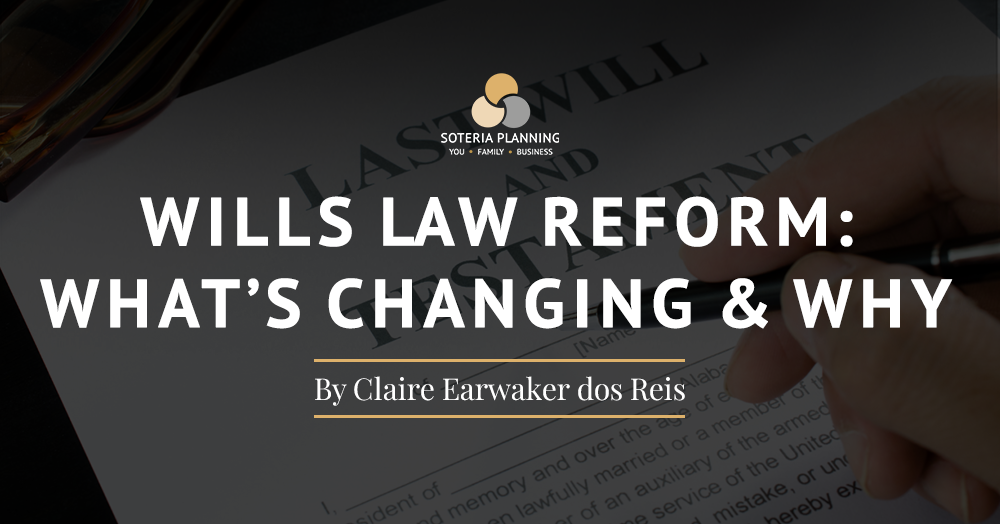Inheritance tax planning is an important aspect of financial management that can greatly impact the wealth and assets you pass on to your loved ones. It involves making strategic decisions and taking necessary actions to minimise the potential burden of inheritance tax. While it may seem daunting to contemplate your eventual passing, considering inheritance tax planning at the right time can help preserve your wealth and ensure a smoother transfer of assets. In this blog post, we will discuss when you should start thinking about inheritance tax planning and the benefits of doing so early on.
Understanding Inheritance Tax:
Before diving into the topic, let's briefly understand what inheritance tax is. Inheritance tax, also known as estate tax or death duty, is a tax levied on the assets and property passed down to beneficiaries upon your death. The tax is generally calculated based on the total value of your estate and can vary depending on the jurisdiction you reside in. In many countries, there are specific exemptions and reliefs that can help reduce the tax liability.
- Early Awareness:
It's never too early to start thinking about inheritance tax planning. Even if you're in the early stages of your career or have just started accumulating wealth, having awareness of potential tax implications can help you make informed decisions throughout your financial journey. By being proactive and starting early, you can ensure that you have enough time to implement effective strategies to minimise the impact of inheritance tax.
- Changes in Tax Laws
Tax laws are subject to change, and what might be applicable today may not hold true in the future. Governments often introduce new legislation and amend existing tax regulations, which can affect how inheritance tax is calculated. By staying informed about tax laws and keeping an eye on any changes, you can adapt your planning accordingly and take advantage of any new allowances or reliefs that may arise.
- Lifetime Gifting and Trusts:
One effective strategy for mitigating inheritance tax is to make lifetime gifts and set up trusts. By gifting assets during your lifetime, you can potentially reduce the overall value of your estate and, therefore, the tax liability. However, there are rules and limitations surrounding lifetime gifting, and it's important to seek professional advice to ensure you comply with the tax regulations.
Setting up trusts is another avenue to explore, as they can provide greater control over how your assets are distributed and potentially minimise inheritance tax. Establishing trusts earlier allows them to mature and provide more substantial benefits over time.
- Long-Term Planning:
Inheritance tax planning is not a one-time event but a continuous process that should be reviewed regularly. As your wealth and circumstances change, it is essential to reassess your estate and ensure that your plans align with your current objectives. Engaging with financial advisors or estate planning professionals can help you develop long-term strategies and keep your plans up to date.
- Family Dynamics and Communication:
Aside from the financial aspects, inheritance tax planning also provides an opportunity to have open and honest conversations with your family about wealth transfer. By involving your loved ones in the process, you can minimise potential conflicts and ensure that your intentions are clearly understood. This transparency can help foster stronger family relationships and provide a smoother transition of assets in the future.
Inheritance tax planning is a crucial consideration for anyone who wishes to protect their wealth and ensure that their loved ones are well provided for. While the optimal time to start thinking about inheritance tax planning varies for each individual, it is generally advisable to begin the process early. By doing so, you can take advantage of various tax allowances, adapt to changing tax laws, and develop comprehensive long-term strategies. Remember, seeking professional advice from estate planning experts is crucial to ensure that your plans align with legal requirements and your unique financial circumstances.
Should you have any questions about the content of this blog, feel free to reach out to our friendly team on 01344 531521 or request a meeting with one of our Advisors here.



Share this with
Email
Facebook
Messenger
Twitter
Pinterest
LinkedIn
Copy this link